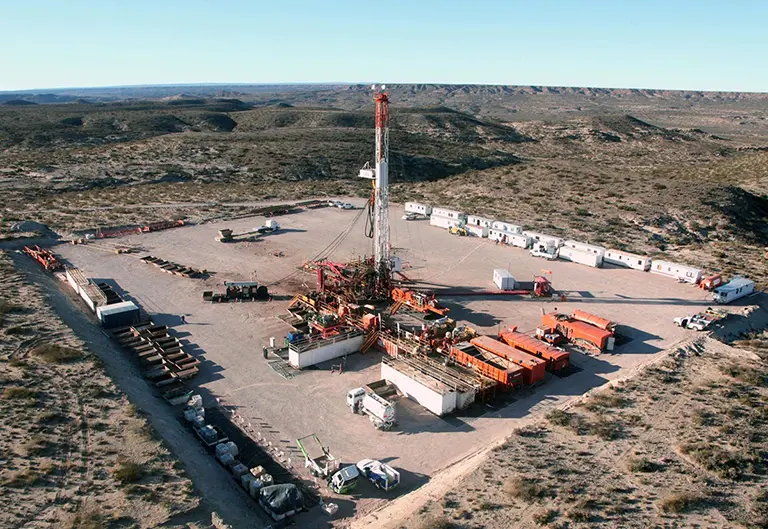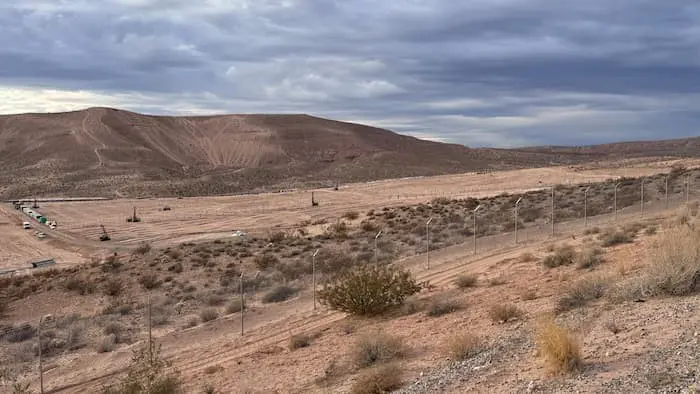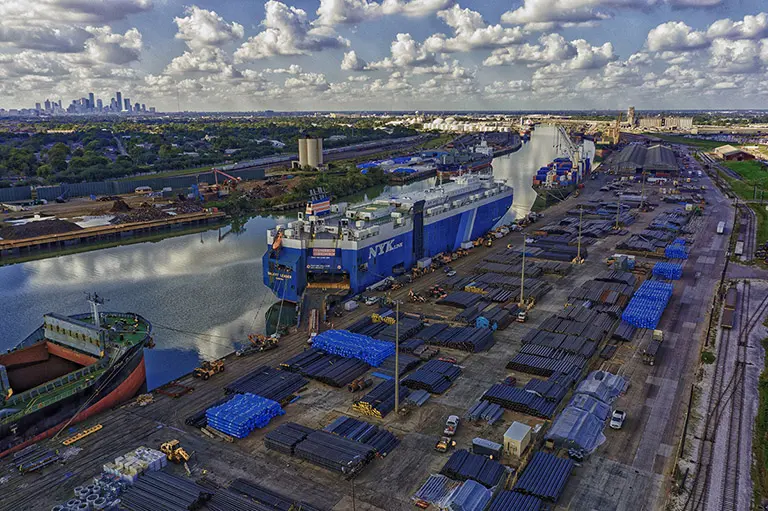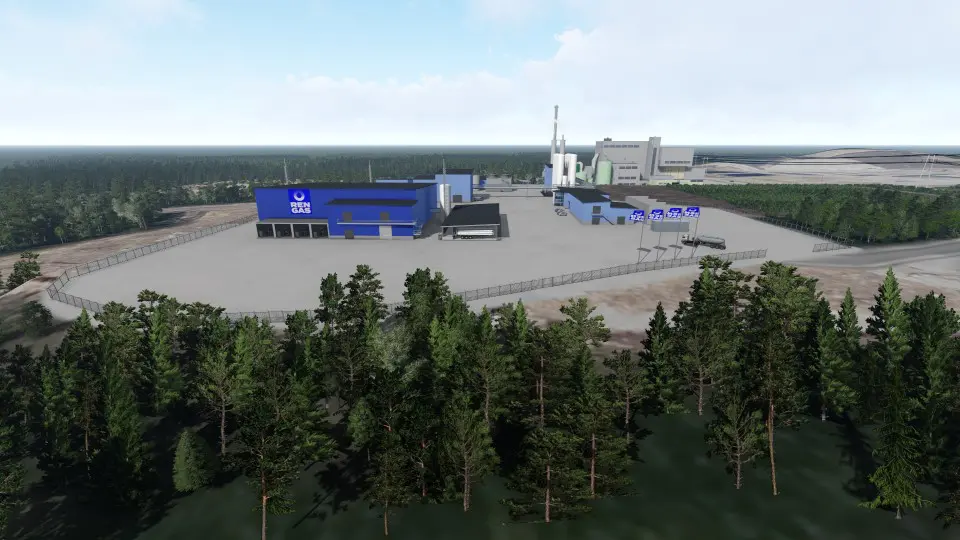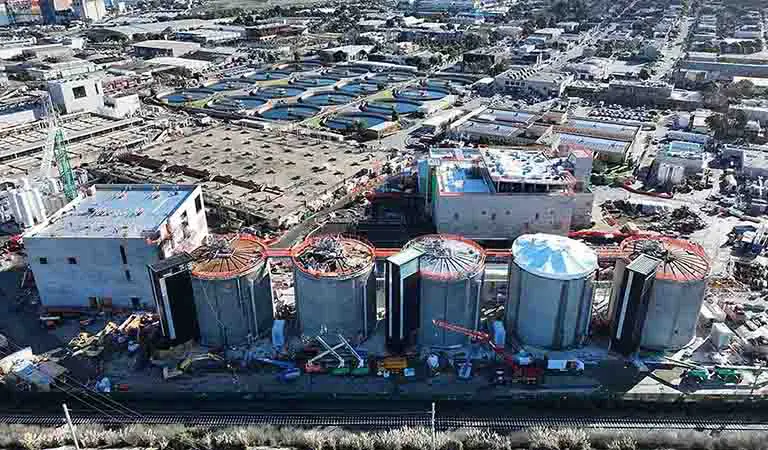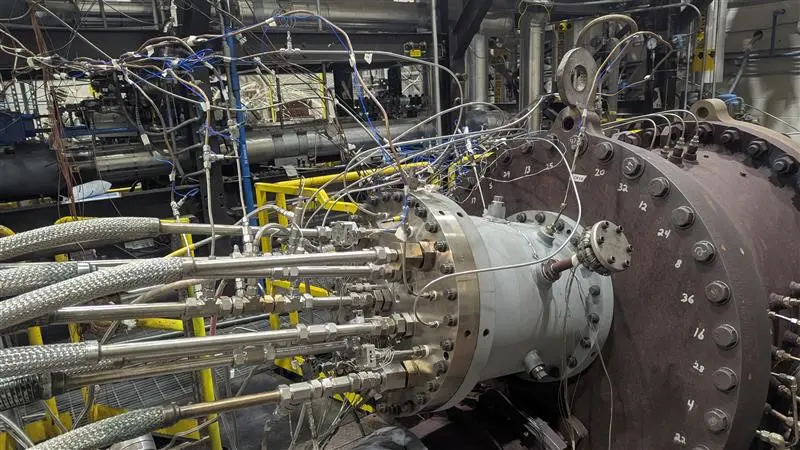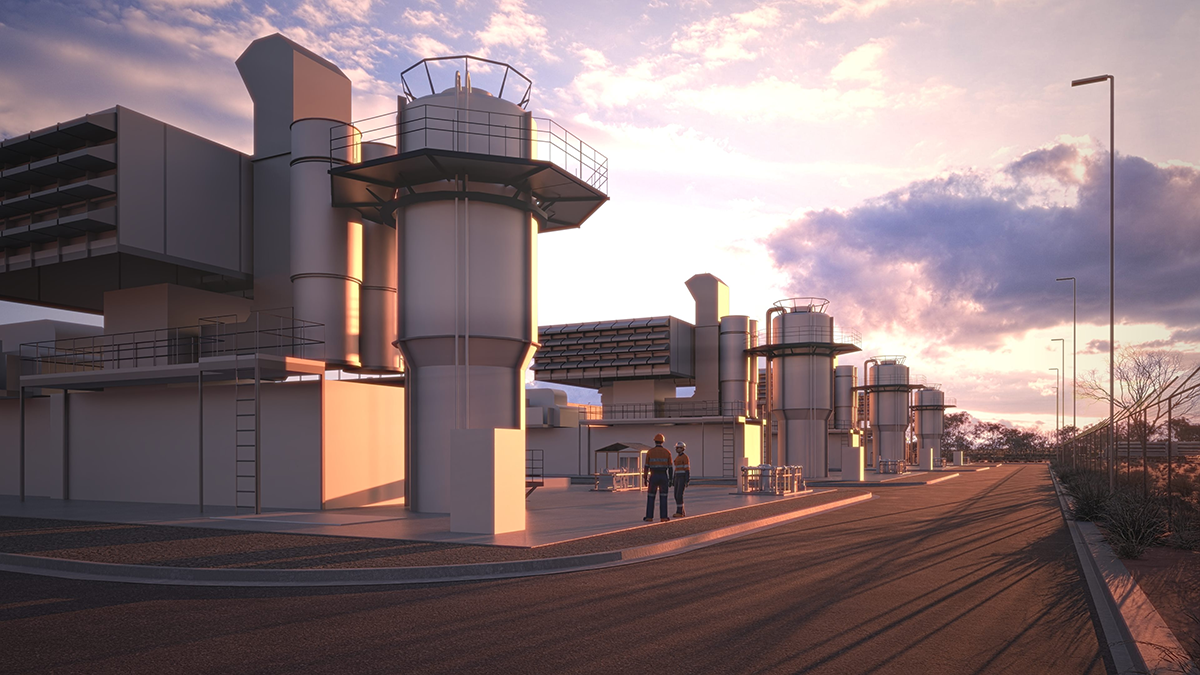
Toyota, Subaru, And Mazda Debut New Carbon-Neutral Engine Concepts
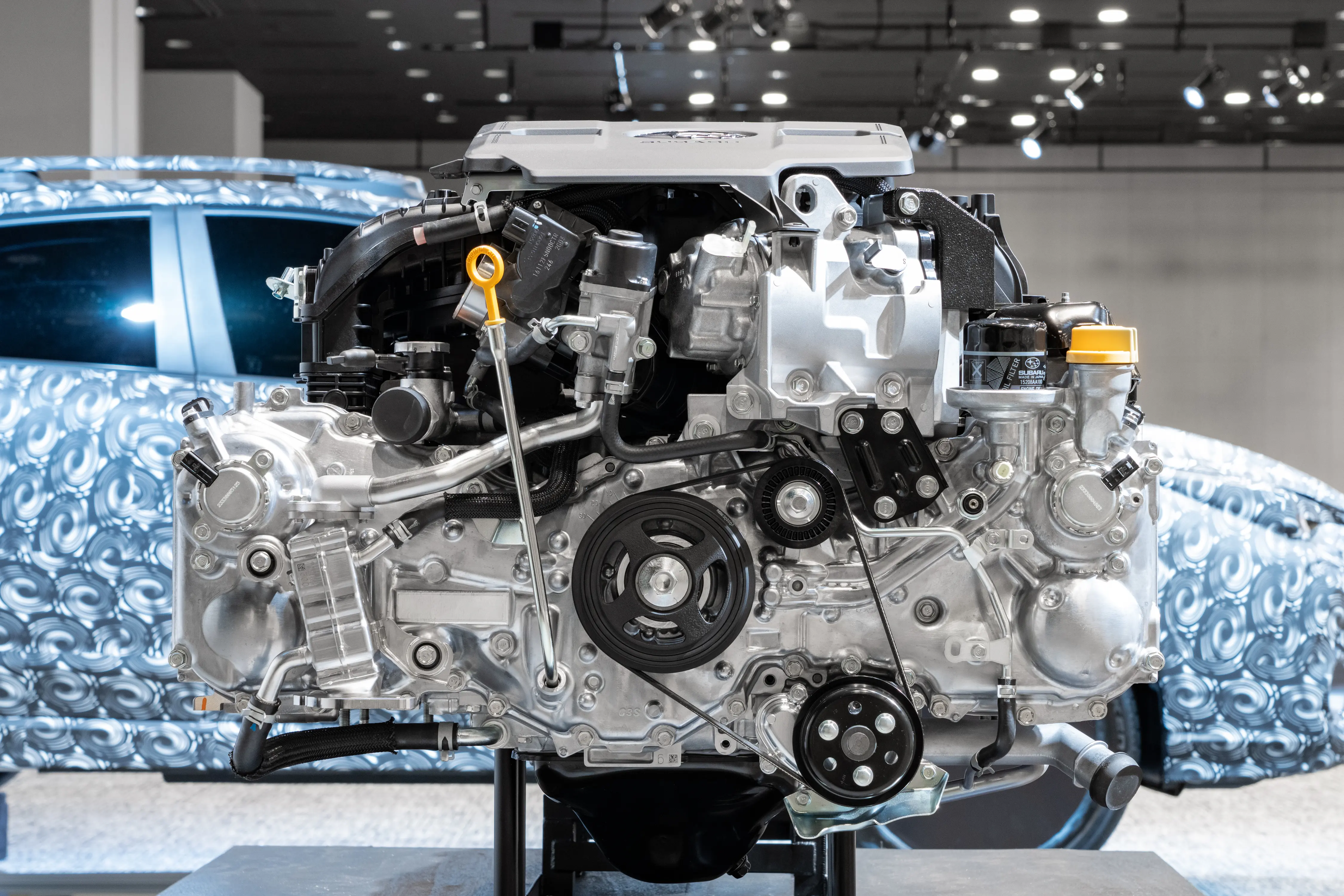
Toyota, Subaru, and Mazda have developed new engines they believe represent their respective brands but also cater to their customers’ unique needs and preferences. The three companies have taken a stance against carbon but are also protecting the supply chains and jobs that underpin engines. In this vein, they aren’t abandoning existing practices and going full throttle into electric vehicles.
Under the extreme conditions of racing, the companies have worked to broaden powertrain and fuel options by competing with vehicles running on liquid hydrogen and carbon-neutral fuels. This process has clarified the role that future engines will play in achieving carbon neutrality. With the next generation of engines, the three companies will seek to not only improve standalone engine performance but also optimize their integration with electric drive units.

The three companies will focus on making the engines efficient and powerful, but also take a new approach to vehicle packaging by being more compact than existing models. Smaller engines will allow for even lower hoods, improving design possibilities and aerodynamic performance while contributing to better fuel efficiency. The development will also emphasize compliance with increasingly strict emissions regulations.
The new engines will be made carbon neutral by shifting away from fossil fuels and offering compatibility with various alternatives, including e-fuel (synthetic fuel), biofuels, and liquid hydrogen. In doing so, the companies believe the engines will contribute to the broader adoption of carbon neutral fuels.
Even as Toyota, Subaru, and Mazda compete in the product arena of engines and cars, the companies have a shared dedication to achieving carbon neutrality through a multi-pathway approach. The companies are charting the next era of Japanese auto manufacturing by embracing ESG initiatives without discounting the legacy framework that has made Toyota, Subaru, and Mazda globally recognized brands.

“In order to provide our customers with diverse options to achieve carbon neutrality, it is necessary to take on the challenge of evolving engines that are in tune with the energy environment of the future,” said Koji Sato, president, member of the board of directors, and chief executive officer (CEO) of Toyota. “The three companies, which share the same aspirations, will refine engine technologies through friendly competition.”

“Achieving a carbon-neutral society is a challenge that must be undertaken by all of Japan’s industries and society as a whole,” said Atsushi Osaki, representative director, president, and CEO of Subaru. “As we continue to refine electrification technology, we will also enhance our horizontally opposed engines with an aim to use carbon-neutral fuels in the future. Moving forward, the three companies sharing the same aspiration will continue to advance the pursuit of sustainable excellence in Japanese car manufacturing.”
“We will continue to offer customers exciting cars by honing internal combustion engines for the electrification era and expanding the multi-pathway possibilities for achieving carbon neutrality,” said Masahiro Moro, representative director, president, and CEO of Mazda. “Given the rotary engine’s compatibility with electrification and carbon-neutral fuels, Mazda will continue to develop the technology through co-creation and competition to ensure it can contribute broadly to society.”


